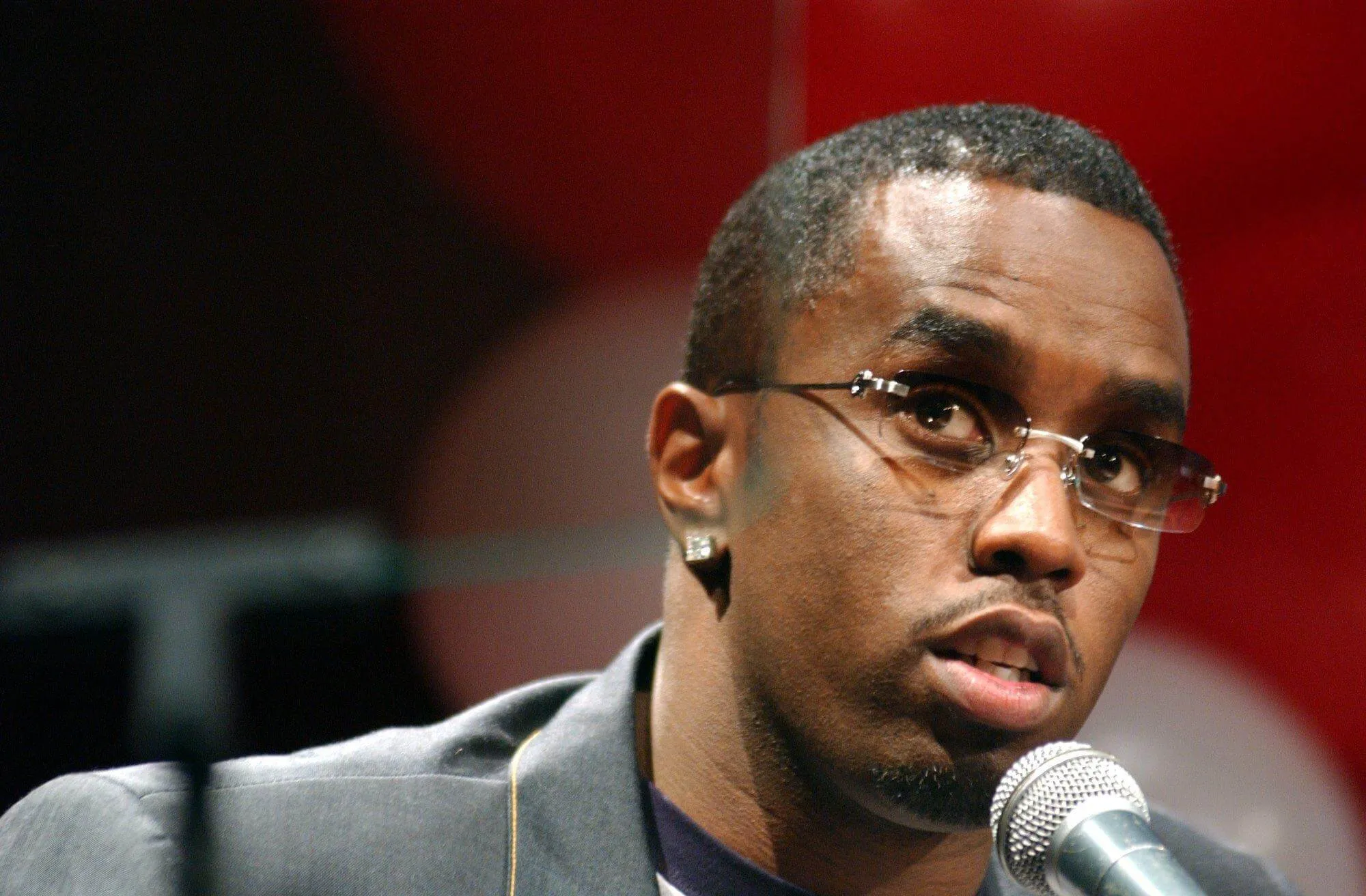Two historians have backed the idea that the Democrats could have focused more on the issues Senator Bernie Sanders leaned on when he ran for the party's presidential nomination.
Sanders, who is registered as an independent but caucuses with the Democrats, identifies as a democratic socialist and has been an outspoken critic of centrist Democratic policies, pushing for a more radical shift to the left.
Sanders ran for the Democratic nomination in 2016 and 2020, focusing his campaigns on addressing economic struggles and inequality.
The economy, and inflation in particular, was crucial for voters this election, and in the run-up many polls showed that Trump was considered a better economic candidate than Harris. Exit polls showed that the majority of working-class voters backed Trump, who also overperformed among Hispanic voters.
Kamala Harris did have many progressive policies in her 2024 "To Do List," including a $6,000 tax credit for families with young children, a federal ban on grocery price-gouging, expanding Medicare for seniors and people with disabilities, and building 3 million new homes.
However, across social media, some have suggested that Sanders' messaging would have been better positioned to beat Trump.

Appearing on CNN, Leah Wright Rigueur, an associate professor of history at Johns Hopkins University, explained why she thinks Bernie Sanders' voice will be an important one in the Democratic Party's upcoming struggle after losing the election to Donald Trump.
Rigueur said, "One of the things that Bernie Sanders has been saying since at least 2014 has been about how the Democratic party, if it wants to keep these coalitions, needs to talk about bread-and-butter issues. It needs to talk about politics."
Rigueur said that it's not that "cultural politics don't matter," but that both areas need to be a part of the Democrats' platform.
The clip was uploaded to X, formerly Twitter, where it went viral receiving 6.5 million views and 70,000 likes.
Historian Moshik Tempkin, author of Warriors, Rebels, & Saints, echoed Rigueur's view,writing on X, "My most disturbing memory from the 2020 primary is when Bernie Sanders won Nevada, California, and every other state with large numbers of Latino voters, and the Democratic Party's response was to spit in their face and tell them that they didn't matter, only South Carolina did."
Joe Biden won the 2020 Democratic nomination with 2,709 delegates compared to Sanders' 1,113.
Others expressed similar views in favor of Sanders' policies.
A clip of journalist Medhi Hasan saying Democrats need "their own Joe Rogan" given the podcast host's high-profile endorsement of Trump also went viral on X when reporter Ryan Grim pointed out that Rogan had endorsed Sanders in 2020.
Podcast host Krystal Ball said that Sanders was able to speak to the communities who do not appear to have connected with Harris in a post that received 58,000 likes.
Actor John Cusack also weighed in, saying Sanders "was always the way to beat back fascism."
Others however have argued that Sanders' more left-wing policies could have alienated voters that Biden won over, and pointed out that while he kept his Vermont Senate seat, he did so with 63.3 percent of the vote, a smaller margin than Harris beat Trump by in the state, as she took 64.4 percent of the vote.
Sanders himself has also said he doesn't think the Democrats did enough this election.
In a statement on the election results he wrote: "It should come as no great surprise that a Democratic Party which has abandoned working class people would find that the working class has abandoned them.
"First, it was the white working class, and now it is Latino and Black workers as well," he added.
Do you have a story we should be covering? Do you have any questions about this article? Contact LiveNews@newsweek.com










.png)









 English (US) ·
English (US) ·